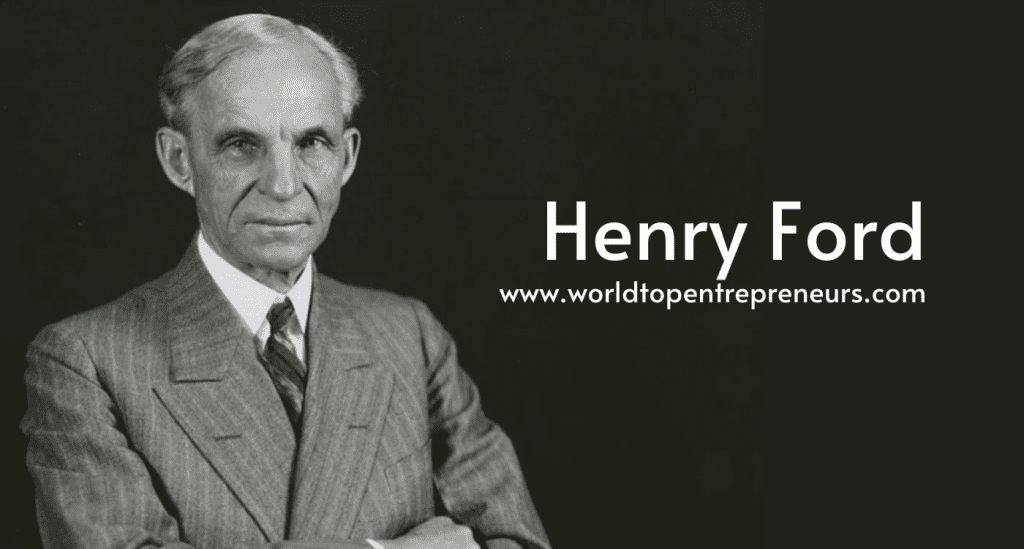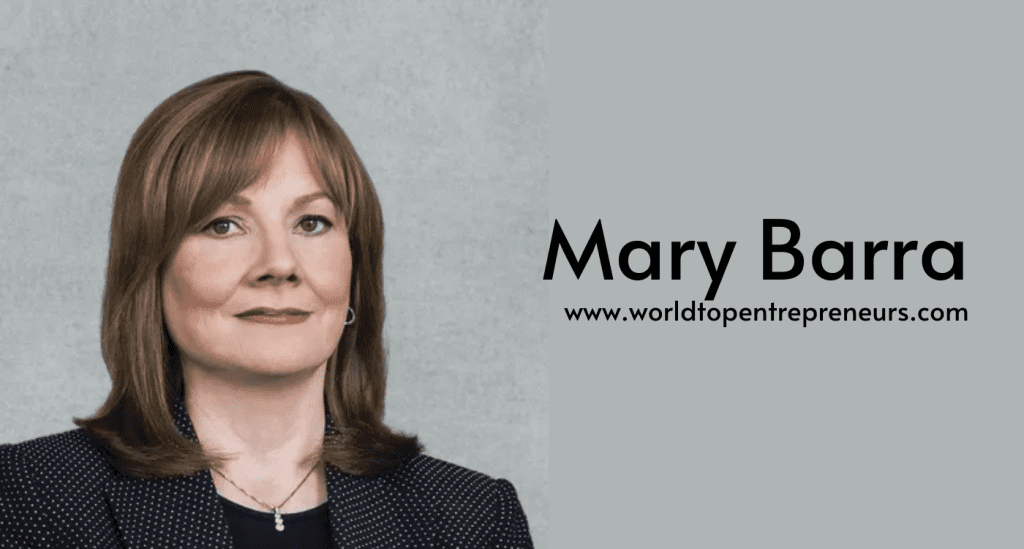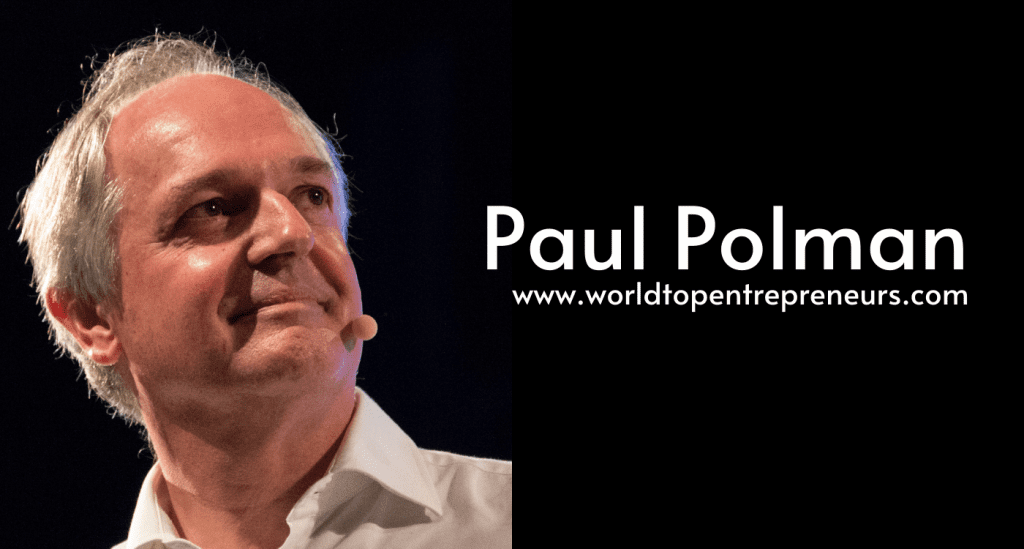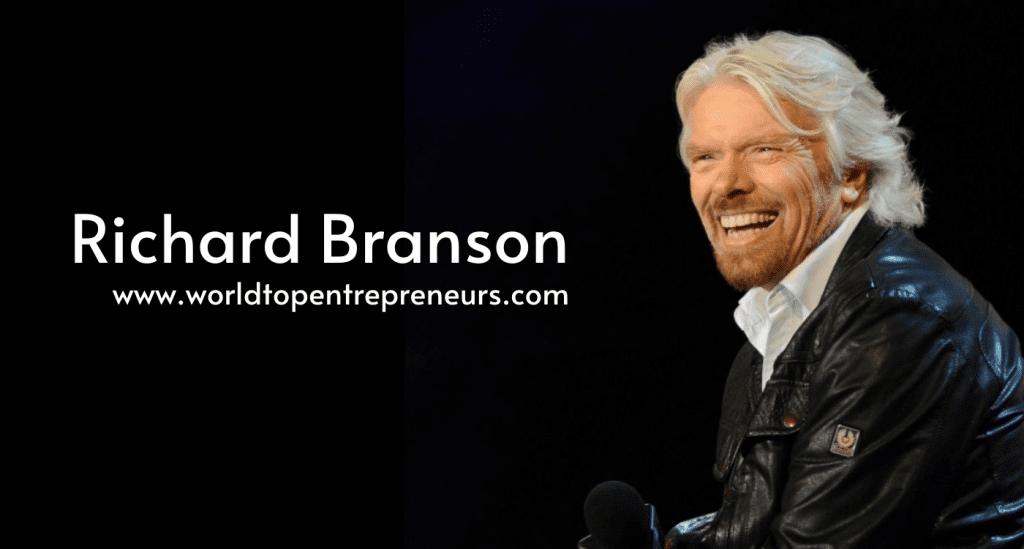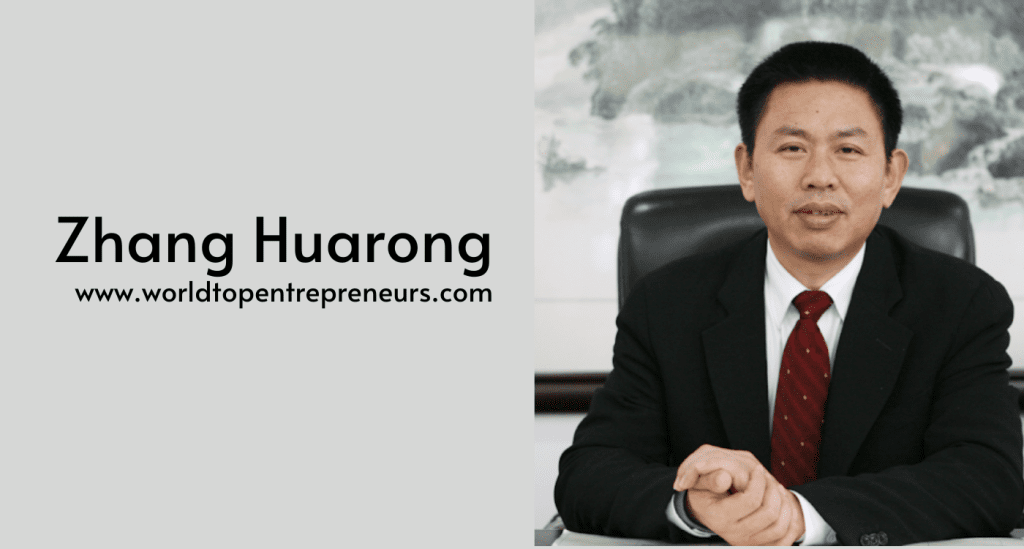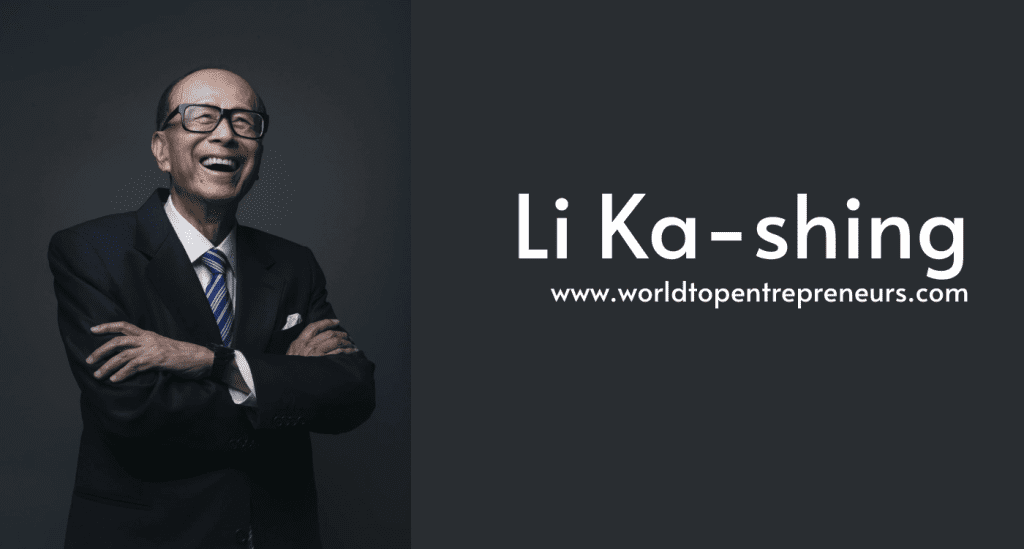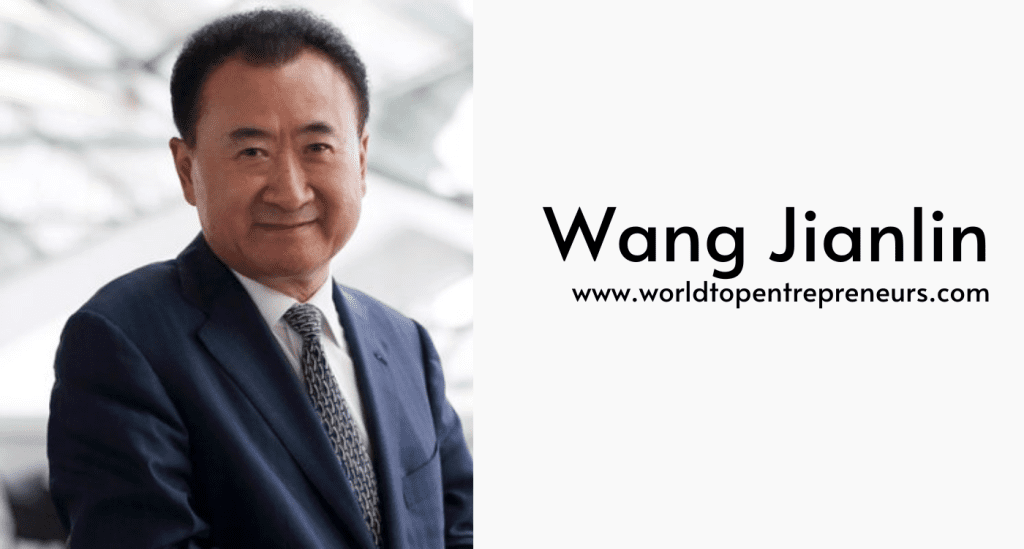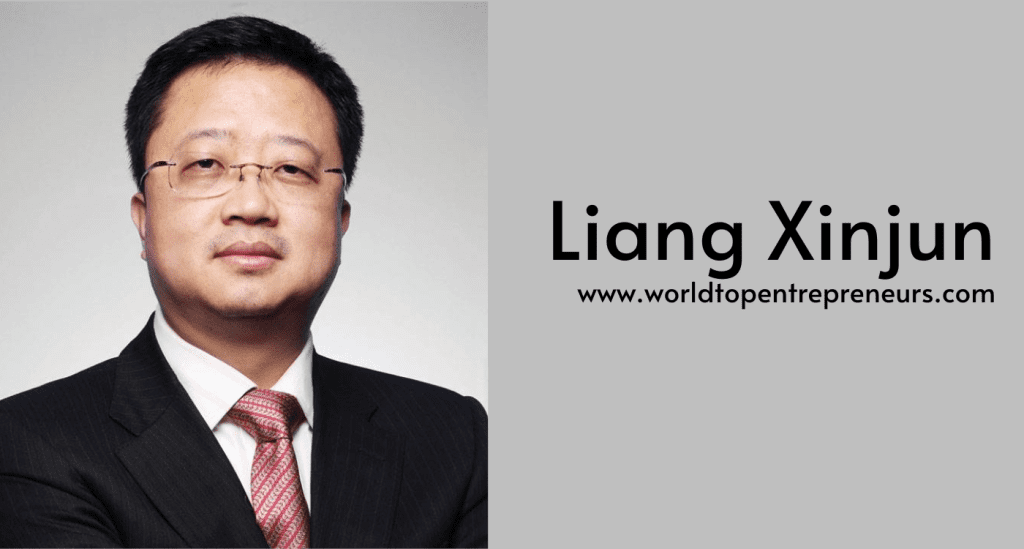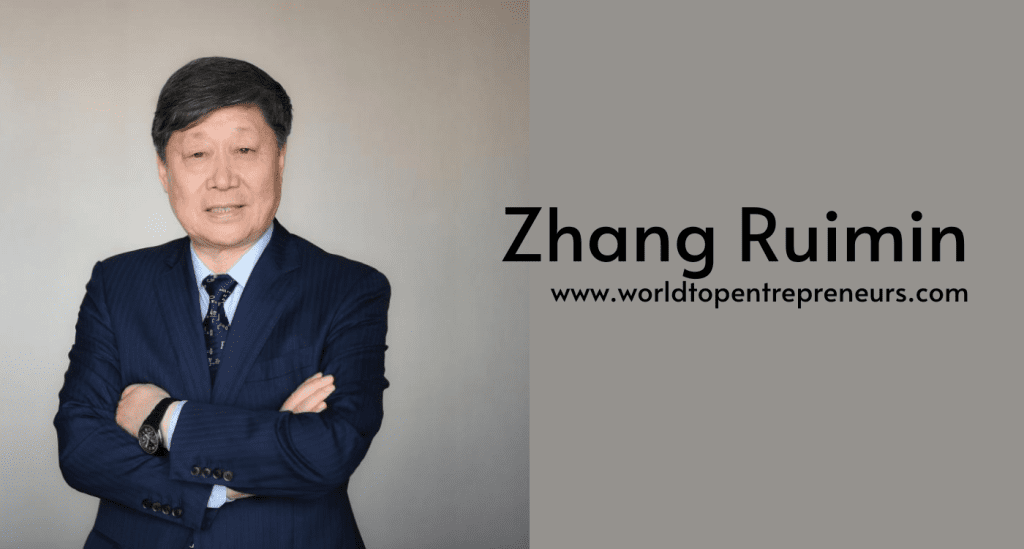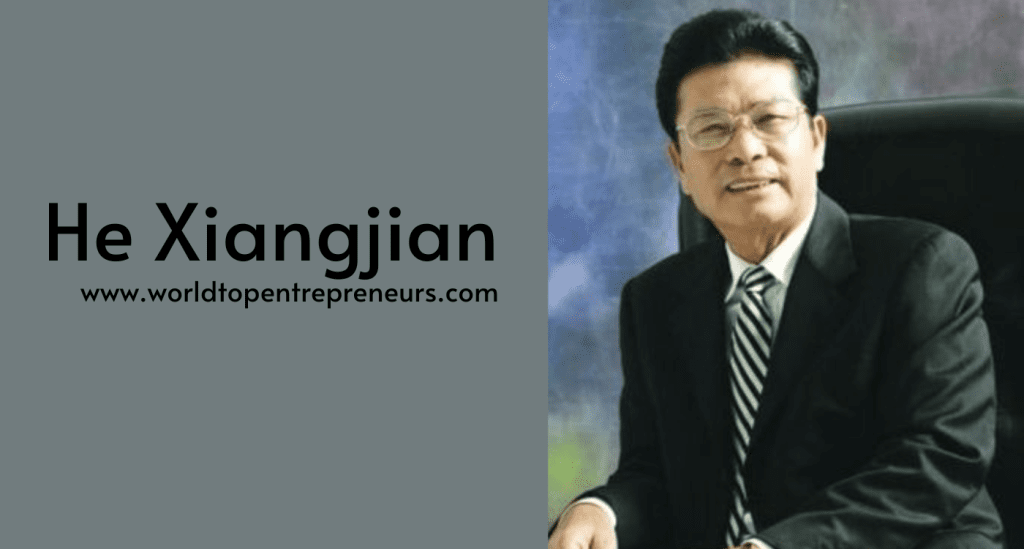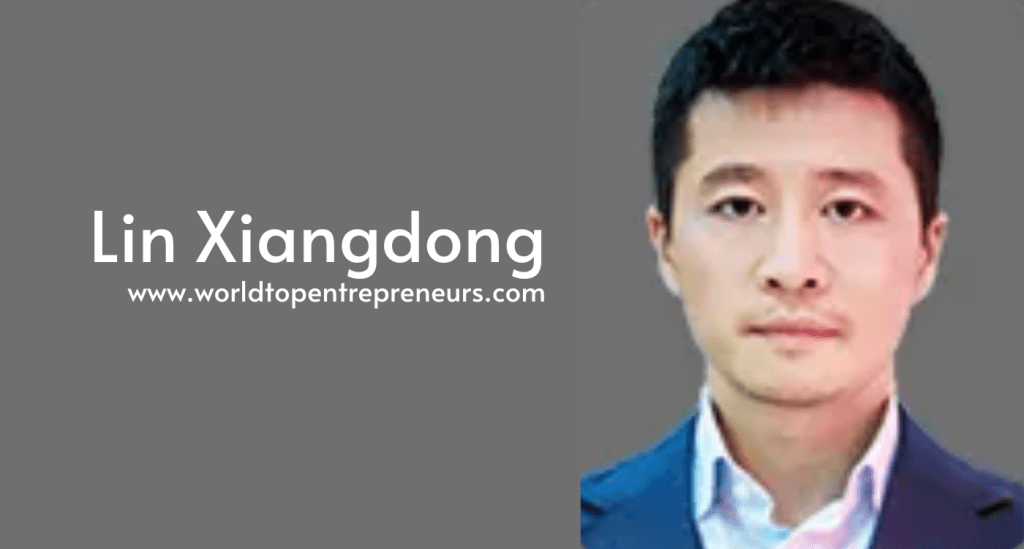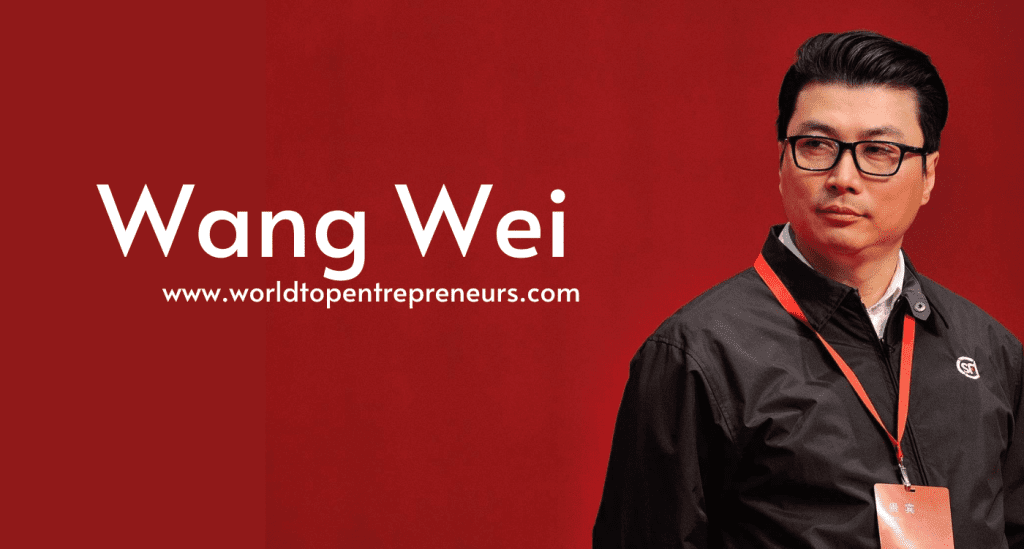Jochen Zeitz is a name synonymous with transformation and innovation in the automotive industry, particularly in the realm of motorcycles. As a key figure in Harley-Davidson’s recent history, Zeitz has played a pivotal role in reinvigorating one of America’s most iconic brands. His journey from a European executive to a visionary leader in the American motorcycle industry is a story of bold decisions, strategic insight, and an unwavering commitment to excellence.
Early Life and Career
Jochen Zeitz was born in Germany in 1963, a country known for its precision engineering and automotive prowess. Raised in a family with a deep appreciation for both innovation and craftsmanship, Zeitz was exposed to the principles of quality and excellence from a young age. His early interest in business and management led him to the prestigious University of St. Gallen in Switzerland, where he studied business administration.
Zeitz’s career began in the consumer goods sector, where he quickly made a name for himself with his strategic acumen and leadership skills. His work with the luxury brand Puma is particularly noteworthy. Joining the company in 1993, Zeitz spearheaded a series of initiatives that revitalized Puma’s brand image and product line. His tenure at Puma was marked by a successful turnaround, characterized by a focus on innovation, sustainability, and market expansion.
Under Zeitz’s leadership, Puma grew from a struggling brand into a global powerhouse in sports and lifestyle apparel. His innovative approach to brand management and product development garnered widespread acclaim and set the stage for his future ventures.
Joining Harley-Davidson
In 2009, Jochen Zeitz transitioned from the consumer goods sector to the world of motorcycles by joining Harley-Davidson. At a time when the iconic American motorcycle manufacturer was facing significant financial and operational challenges, Zeitz’s appointment was both a bold and strategic move.
Harley-Davidson, founded in 1903, had long been a symbol of American freedom and rebellion, but by the early 2000s, the company was struggling with declining sales and profitability. The global economic downturn, coupled with shifting consumer preferences and increasing competition, had taken a toll on the brand’s performance. Zeitz’s mission was to lead a comprehensive turnaround, and his approach would soon become a textbook case in strategic business transformation.
Revitalizing the Brand
One of Jochen Zeitz’s first significant moves at Harley-Davidson was to initiate a comprehensive strategic review of the company’s operations and market positioning. Understanding that the brand’s problems were not merely financial but deeply rooted in its strategic direction, Zeitz focused on a multi-faceted approach to revitalization.
Streamlining Operations
Zeitz’s approach began with streamlining operations to improve efficiency and reduce costs. He implemented a series of cost-saving measures, including reducing the number of models and simplifying the production process. By focusing on core products and optimizing manufacturing, Zeitz aimed to enhance quality and ensure that every Harley-Davidson motorcycle delivered on the brand’s promise of excellence.
This operational overhaul also involved a reassessment of the company’s supply chain and distribution networks. Zeitz introduced lean manufacturing principles, which helped in reducing waste and improving overall productivity. This operational efficiency was critical in restoring profitability and setting the stage for future growth.
Embracing Innovation
Recognizing the importance of innovation in driving growth, Zeitz made significant investments in research and development. He understood that Harley-Davidson needed to evolve with changing consumer preferences and technological advancements. Under his leadership, the company began to explore new technologies and incorporate them into its product offerings.
One notable example of this innovation was the introduction of the Harley-Davidson LiveWire, the company’s first electric motorcycle. The LiveWire represented a significant departure from Harley-Davidson’s traditional offerings, signaling the brand’s willingness to embrace new technologies and adapt to the evolving market. Zeitz’s emphasis on innovation was not just about keeping up with trends but about setting new standards in the industry.
Reconnecting with the Core Audience
Another critical aspect of Zeitz’s strategy was reconnecting with Harley-Davidson’s core audience while also expanding into new demographics. Zeitz understood that the brand’s strength lay in its deep connection with its loyal customer base, but he also recognized the need to attract younger and more diverse riders.
To achieve this, Zeitz and his team launched a series of marketing campaigns that celebrated the brand’s heritage while also highlighting its modern evolution. These campaigns focused on storytelling and emotional engagement, reinforcing the brand’s identity as a symbol of freedom and individuality.
Fostering a Stronger Community
Zeitz also placed a strong emphasis on fostering a sense of community among Harley-Davidson enthusiasts. Recognizing the importance of the brand’s cultural significance, he supported initiatives that encouraged rider clubs and community events. These efforts helped to strengthen the emotional connection between the brand and its customers, creating a more engaged and loyal fan base.
Sustainability and Corporate Responsibility
In addition to operational and product innovations, Jochen Zeitz has been a strong advocate for sustainability and corporate responsibility. His background in consumer goods, where sustainability was a key focus, influenced his approach to Harley-Davidson. Zeitz understood that modern consumers are increasingly concerned about environmental and social issues, and he sought to align Harley-Davidson’s practices with these values.
Under his leadership, Harley-Davidson made strides in improving its environmental footprint. The company invested in sustainable manufacturing practices, including reducing energy consumption and waste. Zeitz’s commitment to sustainability extended to the product line as well, with the introduction of more eco-friendly materials and technologies.
Legacy and Impact
Jochen Zeitz’s tenure at Harley-Davidson has left a lasting impact on the company and the broader automotive industry. His strategic vision and leadership were instrumental in turning around a struggling brand and positioning it for future success. The lessons learned from his approach to revitalizing Harley-Davidson offer valuable insights for leaders in any industry.
Zeitz’s ability to blend operational efficiency with innovation, while staying true to the brand’s core values, demonstrates the importance of a holistic approach to business transformation. His focus on community engagement and sustainability further underscores the evolving expectations of modern consumers and the need for businesses to adapt accordingly.
Looking Ahead
As of now, Jochen Zeitz continues to be a significant figure in the business world, with a reputation for leading transformative changes and driving innovation. His legacy at Harley-Davidson serves as a testament to his visionary leadership and his ability to navigate complex challenges with strategic insight.
Looking ahead, Zeitz’s influence is likely to extend beyond Harley-Davidson, as his expertise and approach to business transformation continue to be sought after by organizations worldwide. His work in the automotive industry, particularly in the motorcycle sector, will undoubtedly inspire future leaders and innovators.
In conclusion, Jochen Zeitz’s journey from a successful executive in the consumer goods sector to a transformative leader in the motorcycle industry is a remarkable story of vision, innovation, and leadership. His contributions to Harley-Davidson and the broader automotive industry highlight the importance of strategic thinking, operational excellence, and a deep understanding of market dynamics. As a trailblazer in management and business transformation, Zeitz’s impact will be felt for years to come, making him a true visionary in the world of automotive and beyond.






